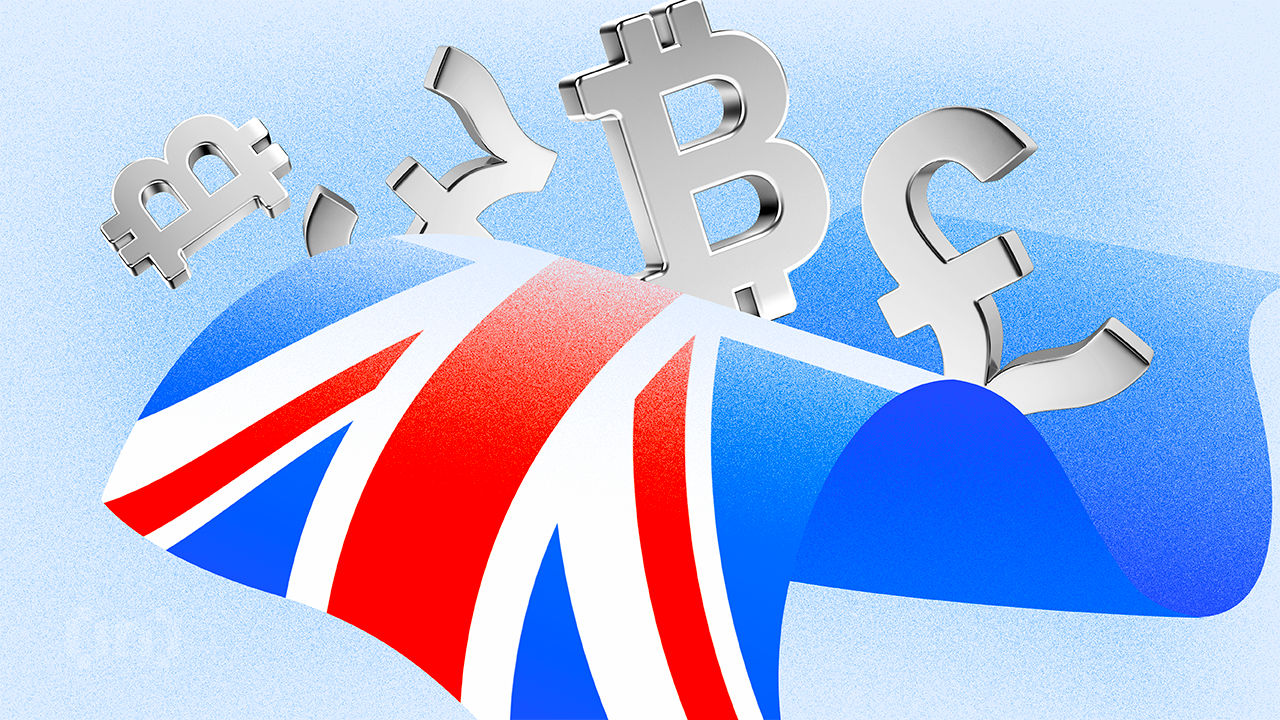This week, the United Kingdom made headlines after reports revealed it was considering selling $7 billion worth of Bitcoin confiscated during a 2018 law enforcement seizure. The extra cash comes at a crucial time for the UK as it grapples with a fragile financial position.
While the UK considers selling its seized Bitcoin, doing so could lead to billions in lost opportunities. Mark Pearce, General Counsel at Alkimi, emphasized that the situation presents a complex dilemma rather than a clear-cut solution for the UK.
A £5 Billion Question For British Leaders
The United Kingdom’s Chancellor, Rachel Reeves, is currently sitting on over 61,000 Bitcoins worth over £5 billion.
The substantial stockpile came from a major law enforcement seizure in 2018 that disrupted a major money laundering operation in the UK. The funds originated from a massive Chinese Ponzi scheme that had defrauded approximately 128,000 investors in China since 2014.
Recent reports suggest that Reeves is considering selling these confiscated Bitcoin assets to help address the UK’s weakened fiscal position. The government faces significant financial challenges, with a budget deficit of £57.8 billion.
The UK’s national debt has also reached historically high levels, currently amounting to £2.87 trillion. These financial pressures, paired with increasing costs for paying interest on that debt and growing demands for government spending, are creating a significant political challenge for the current government.
Given the context, it’s no surprise that the Chancellor is considering filling in the gaps with revenue from selling its Bitcoin stockpile.
The UK’s Fiscal Tightrope
The UK government selling its seized Bitcoin could help close the current hole in its public finances.
“Clearly, a sale would help plug the UK’s economic deficit and may mitigate future spending cuts or tax rises,” Pearce told BeInCrypto, adding, “Where assets have been seized it makes some economic sense to recycle those assets into the system where the cash proceeds can be deployed for immediate benefit.”
Such an injection could reduce further government borrowing, easing pressure on the national debt and associated interest payments.
Skeptics who perceive Bitcoin as a highly volatile and unproductive asset would also celebrate the move.
“[Some] argue that achieving a return for a purely digital asset should be taken where possible given that it is theoretically possible for the value of BTC to reduce to zero,” Pearce added.
Some see the government holding billions of pounds worth of a speculative asset as imprudent when public finances are strained. Selling allows it to deploy this capital for immediate public benefit.
Since the amount the government would sell is small compared to Bitcoin’s total market capitalization, the market impact would be minimal.
“The current value of circulating BTC is in excess of $2 trillion. The amounts being discussed, therefore, represent less than 0.5% of the asset value… daily volume of BTC trades is currently around $70bn so even a single market sale of the UK holding is unlikely to have a significant impact on price,” Pearce said.
However, he also questioned whether it would be prudent for the government to sell these assets in the short term.
To Sell Or Not To Sell?
Though Jian Wen, one of the key money laundering facilitators behind the Chinese Ponzi scheme, has been convicted and sentenced, other parts of the criminal case are still ongoing.
Specifically, the fate of the Bitcoin stockpile is still subject to continuing civil recovery proceedings. The UK government is actively seeking to formalize its ownership of the assets for the Treasury.
Until this process is finalized, Pearce believes the government should not sell off its holdings.
“While the headline figure is significant one has to remember that just because assets are seized this does not necessarily mean the UK is free to dispose of them. There have been many cases of incorrectly seized assets that subsequently need returning,” he said.
This waiting period also offers a welcome delay for Bitcoin enthusiasts, who believe the UK should hold onto its Bitcoin to benefit from its increasing value.
The High Cost of Selling Early
Selling the seized Bitcoin offers the UK government immediate financial benefits, but also risks forfeiting significant future gains.
Selling now means locking in the current value and potentially forfeiting billions of pounds that would be generated if Bitcoin’s price continues to climb. This risk has already been compared to when former Chancellor Gordon Brown sold off a significant portion of the UK’s gold reserves.
“Every Chancellor will be wary of taking decisions to sell assets that might increase in value. Gordon Brown’s decision to sell some of Britain’s gold reserve in 1999-2002 achieved sale proceeds of c.$3.5b. That amount of gold is now worth c.$42.5bn,” Pearce told BeInCrypto.
The UK can also look to its German neighbor as an example of a missed opportunity. Last July, Germany sold nearly 50,000 BTC for over $2.89 billion. Authorities reportedly chose to sell due to concerns about the cryptocurrency’s volatility.
Almost immediately after the sales, Bitcoin’s price continued its upward trajectory. Today, it rests at $118,400. Arkham Intelligence estimated that if Germany had held onto the Bitcoin, its value would have been $5.24 billion by May 2025.
What Lies Ahead: A Blueprint for Seized Crypto
The UK government faces a highly disputed decision. While the immediate multi-billion-pound windfall from selling its seized Bitcoin offers a crucial lifeline for its strained public finances, it must carefully weigh this against the significant gamble of potentially missing out on even greater future gains.
Whatever it decides will shape the global conversation on how governments should manage digital assets born from illicit activity.
The post UK is Sitting On Billions In Bitcoin, But How Will The Government Use It? appeared first on BeInCrypto.
